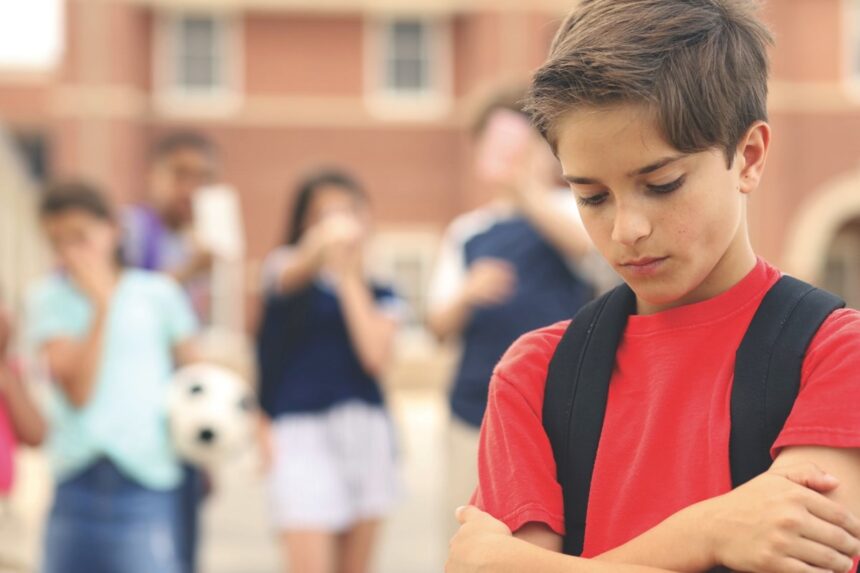In a sweeping transformation of student well-being services, Northern Lights Public Schools has unveiled a comprehensive restructuring of its mental health support framework, marking one of the most significant shifts in the division’s approach to student care in recent years. The overhaul comes amid growing recognition of escalating mental health challenges facing today’s students and aims to create a more responsive and accessible system across all division schools.
“We’re witnessing unprecedented mental health needs among our student population,” explained Paula Elock, Associate Superintendent of Student Services at Northern Lights. “Our previous model simply wasn’t designed to handle the volume and complexity of cases we’re now seeing daily in our schools.”
The restructuring eliminates the division’s previous Family School Liaison Worker (FSLW) program, replacing it with a more integrated, multi-tiered support system featuring Mental Health Therapists, Success Coaches, and Educational Assistants. This new approach fundamentally shifts how mental health services are delivered, moving from reactive intervention to proactive support and early identification.
According to CO24 News, the transformation comes after extensive consultation with school administrators who reported increasingly complex student needs that demanded specialized expertise beyond what the previous model could provide. Division officials emphasized that students currently receiving services will experience a seamless transition to the new framework, which officially launches when students return for the 2024-25 academic year.
The centerpiece of the new model involves establishing Mental Health Therapists who will work directly with students requiring intensive intervention. These master’s-level professionals will deliver specialized therapy while coordinating with external agencies, creating a more cohesive support network for students facing significant challenges.
“Mental health doesn’t exist in isolation from academic performance,” noted Paula Elock during the announcement reported by CO24 Canada News. “We’re building a system that recognizes how interconnected these elements are in a student’s life and provides appropriate support at every level.”
Success Coaches represent another critical component of the restructuring, focusing on helping students develop essential life skills and coping strategies. These professionals will work with students requiring moderate support, facilitating small group sessions and providing individual guidance on managing stress, developing social skills, and building resilience.
The division’s approach also emphasizes classroom-level interventions, with Educational Assistants receiving specialized training to recognize early warning signs and implement preventative strategies. This front-line support aims to address concerns before they escalate into more serious issues.
Northern Lights officials acknowledge the transition presents challenges, particularly for staff members whose positions are being redefined. However, they emphasize that many current employees will have opportunities to transition into roles within the new framework, provided they meet qualification requirements.
“Change of this magnitude is never easy,” acknowledged a division spokesperson. “But we’re committed to supporting both our staff and students through this process, because ultimately, this restructuring reflects our unwavering commitment to providing the best possible mental health support for every student in our care.”
The restructuring arrives against a backdrop of growing mental health concerns in schools across CO24 Politics coverage highlighting increased government attention to youth mental health. Educational experts point to rising anxiety, depression, and behavioral issues among school-aged children, trends exacerbated by the COVID-19 pandemic and ongoing social media pressures.
As Northern Lights prepares to implement this sweeping change, the question remains: Will this innovative approach to student mental health support become a model for other school divisions facing similar challenges, or will unforeseen obstacles emerge as theory meets the complex reality of student needs in today’s educational environment?










